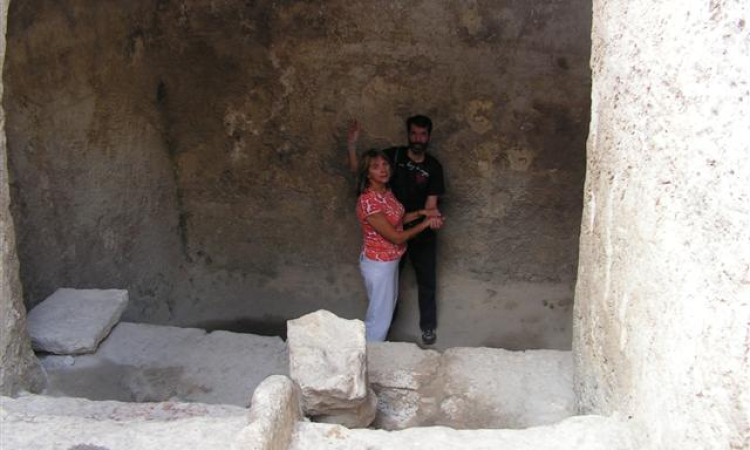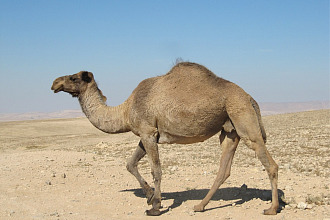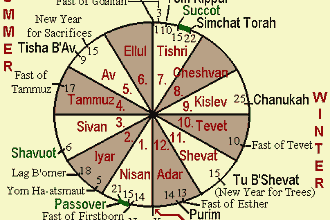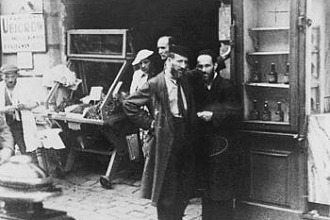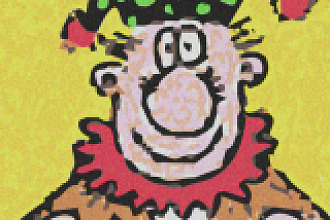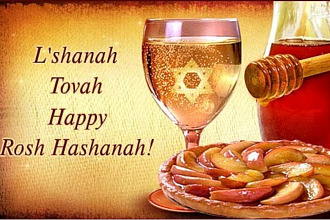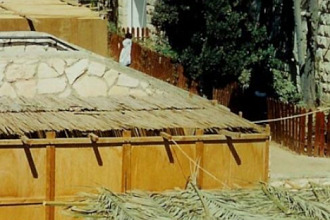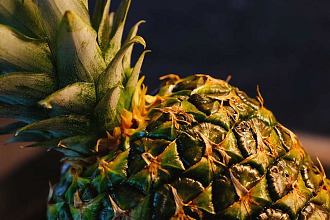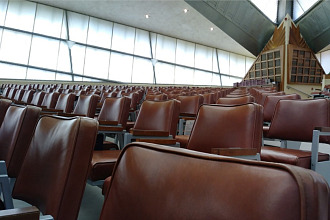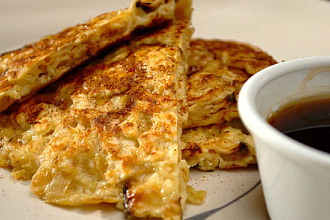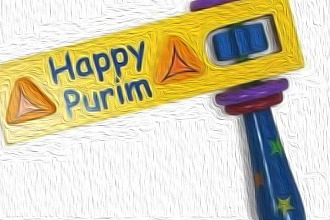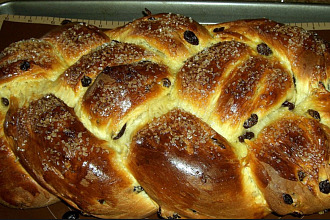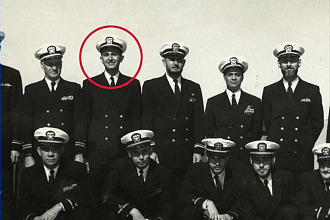Water immersion (tevilah mikveh) ... repentance--and therefore forgiveness--is a predominant theme during Rosh Hashanah. ... Elul, the month preceding Tishri, is the beginning of a special 40-day period in which Jewish people prepare themselves for the intensified reflection, self-examination, and repentance that Rosh Hashanah, the Days of Awe, and Yom Kippur are characterized by. During the last days of Elul, you will find in many Jewish synagogues special prayers for forgiveness--called Selichot--being offered by the penitent.
Then, on Erev Rosh HaShanah ...many Jewish men will go to a Mikveh after midday. This is part of an orthodox Jewish belief that "a Mikveh...has the power to purify from certain types of spiritual impurities" and "can be an important part of the Teshuva [repentance/returning] process."
Yeshua Himself could very well have been "Mikveh'd" (i.e. immersed) by Yochanan the Immerser ...in the Fall, or around the time of Rosh Hashanah...
believers in Messiah, we hold a similar belief in the power of purification through immersion. Listen to Peter's words in his first letter to the Diaspora:
"Corresponding to that, immersion now brings you to safety—not the removal of dirt from the flesh, but a pledge to God of a good conscience—through the resurrection of Messiah Yeshua"
(1 Peter 3:21, emphasis added).
Furthermore, Paul writes in his letter to Titus:
"But when the kindness of God our Savior and His love for mankind appeared—not by deeds of righteousness which we had done ourselves, but because of His mercy—He saved us through the mikveh of rebirth and renewing of the Ruach ha-Kodesh, whom He abundantly poured out on us through Messiah Yeshua our Savior..."
(Titus 3:4-6, emphasis added)

